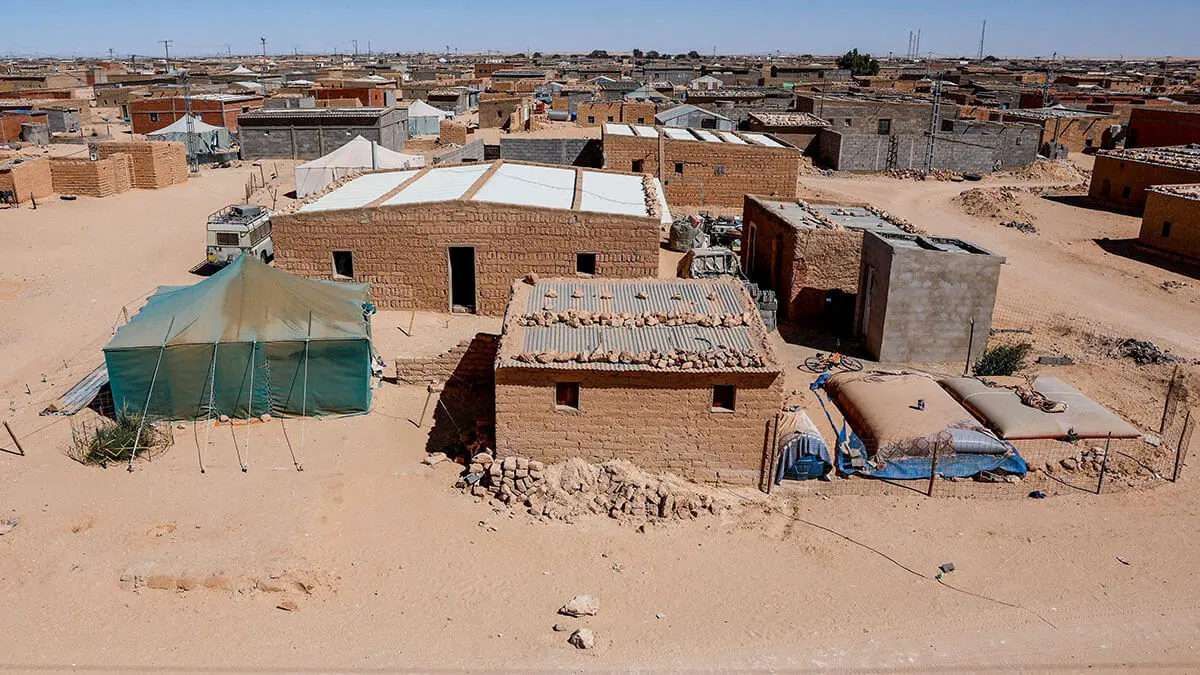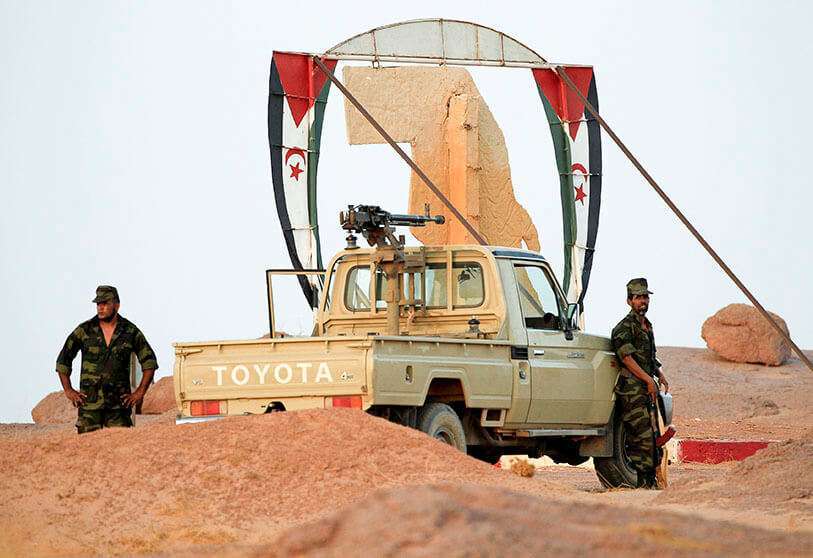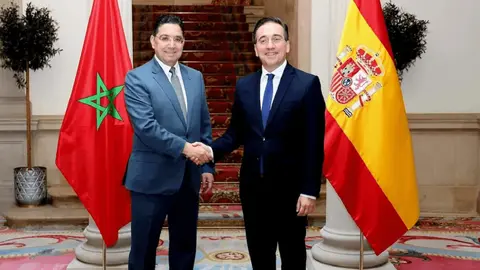Saharan autonomy: a realistic solution to an anachronistic conflict

- A conflict manipulated by ideological interests
- Self-determination? Yes, but viable
- Spain must look forward, not backward
Morocco, aware of the need for a viable political solution, has for years proposed an Autonomy Plan that offers a compromise solution that is realistic and respectful of the Sahrawi identity, within the framework of its national sovereignty.
This proposal, far from being an imposition, represents a reasonable way to end a conflict that no longer makes sense in the 21st century.
A conflict manipulated by ideological interests
Many Europeans, and particularly some sectors in Spain, continue to interpret the conflict through a romantic lens typical of the 1970s, disconnected from the current reality in the Maghreb.
This vision, anchored in the rhetoric of decolonisation and the ‘right to self-determination’ as if it were a school textbook, completely ignores the geopolitical evolution of the region and the instrumentalisation of the conflict by Algeria, whose objective has never been the freedom of the Sahrawi people, but rather to weaken Morocco and maintain regional tension to justify its own authoritarianism.
Self-determination? Yes, but viable
Self-determination is not an absolute concept. There is no automatic right to secession. In many cases, the solution has been—and continues to be—autonomy within a nation-state.
The Moroccan model proposes exactly that: broad autonomy that guarantees the Sahrawi people control over their local affairs, their cultural identity, their resources and their institutional representation. All this within the framework of the sovereignty of Morocco, a country that has invested billions of dirhams in infrastructure, public services and economic development in the Saharan region.
The so-called ‘Sahrawi Arab Democratic Republic’ does not exist on the ground. It is a fictitious entity with no effective territorial control, run from camps in Tindouf under the watchful eye of the Algerian regime. It has no democratic institutions or transparency whatsoever. Can we really talk about a serious state project under these conditions?

Spain must look forward, not backward
Spain has a historical responsibility to the region, but that responsibility cannot be confused with a perpetual debt. Instead of fuelling polarised narratives, it should promote a political solution that guarantees regional stability, protects the strategic interests of both countries and provides the Sahrawi people with a dignified and peaceful life. The Moroccan proposal for autonomy is, today, the only possible and sensible option.
Support for this solution is not a gesture of submission or a renunciation of democratic principles, but a sign of political maturity and a deep understanding of the context. Continuing to defend a utopian independence is, in essence, defending immobility and condemning generations of Sahrawis to continue living in camps under military control.
The solution to the Sahara conflict does not lie in remaining anchored in the past or adopting ideological positions that ignore geopolitical reality. Morocco has put forward a concrete, viable proposal with guarantees. It is time for Europe, and Spain in particular, to set aside ‘useless romanticism’ and commit to a pragmatic solution: autonomy for the Sahara under Moroccan sovereignty.
Samir Moudi, Hispanist, professor and translator

